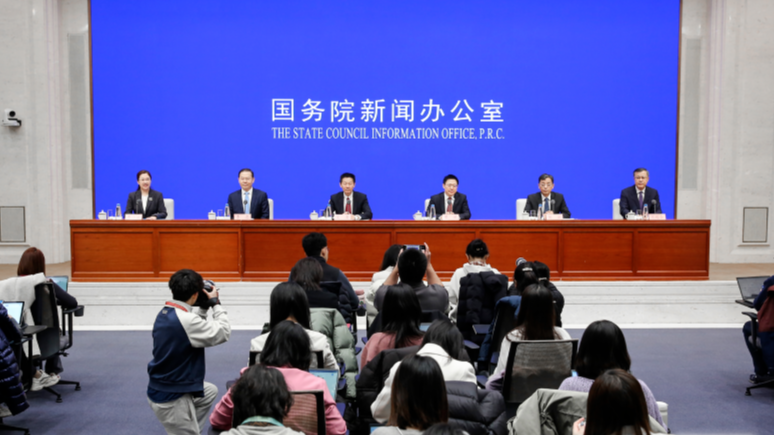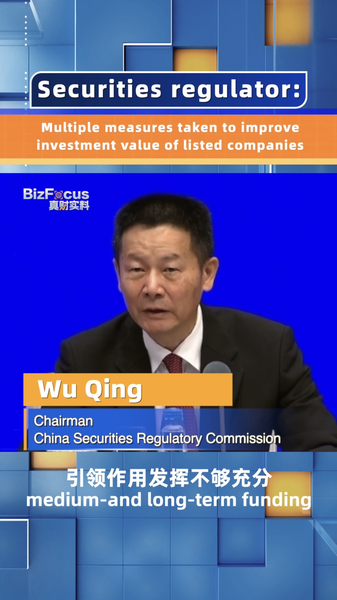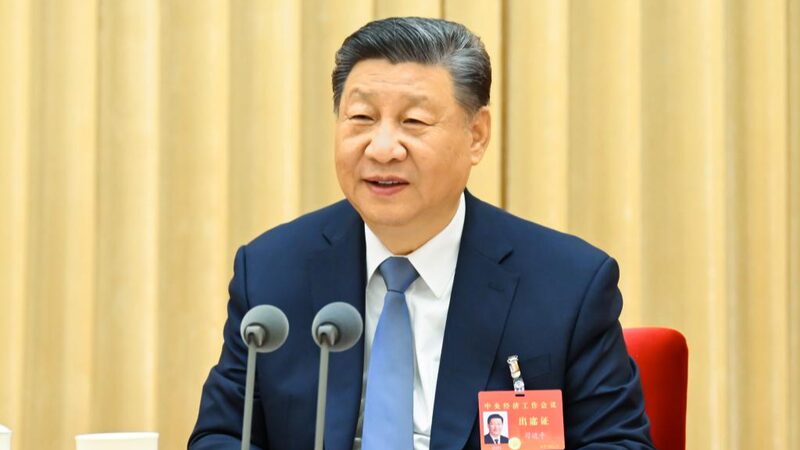China's Securities Regulatory Commission (CSRC) unveiled new measures on Thursday aimed at bolstering long-term investment in the nation's capital market. At a press conference in Beijing, CSRC Chairman Wu Qing emphasized the critical role of long-term investments as a stabilizing force for the capital market.
The briefing followed the release of a new implementation plan designed to address existing barriers and promote high-quality development within the capital market. The plan targets key challenges faced by long-term investors—including commercial insurance, public funds, national social security, and basic pension funds—and introduces specific measures to facilitate their increased participation.
The plan sets both immediate and long-term objectives. In the short term, it mandates an increase in the scale and proportion of A-share investments. Over the long term, it introduces institutional frameworks to promote value-based, stable investment behaviors, including enhanced evaluation systems, tailored investment policies, and improved market ecosystems.
Wu Qing announced that public funds are expected to increase their A-share holdings by at least 10 percent annually over the next three years. Major state-owned insurance companies are also set to allocate 30 percent of their annual new premiums to A-share investments starting this year. This strategy is anticipated to inject hundreds of billions of yuan into the market annually.
Additionally, Wu revealed that the second phase of a pilot program for insurance funds—scheduled for the first half of 2025—will bring an additional 100 billion yuan (approximately $13.7 billion) in long-term stock investments.
To support these initiatives, the plan extends evaluation periods for long-term funds. Public funds, state-owned insurance companies, pension funds, and annuity funds will adopt evaluation periods of at least three years, while national social security and basic pension funds will implement assessment cycles of over five years.
Wu explained that longer evaluation cycles are essential for insulating investments from short-term market fluctuations and fostering greater stability. He highlighted the national social security and basic pension funds as exemplary long-term investors, noting that they have achieved an average annualized return of 11.6 percent on A-share investments over the past two decades due to their adherence to value-driven, long-term strategies.
Concluding the briefing, Wu stated that the new measures aim to enhance returns on long-term capital investments, creating a mutually beneficial environment for all market participants.
Reference(s):
China sets targets for long-term investment in capital market
cgtn.com








